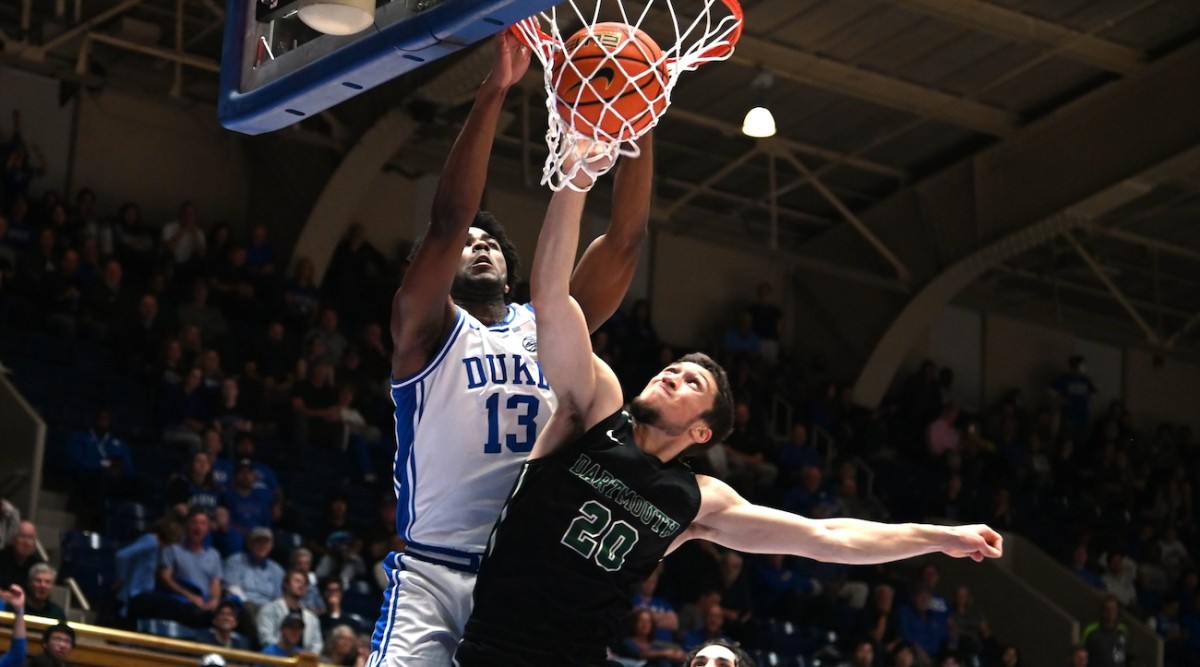Dartmouth Men’s Basketball Team’s Vote to Unionize Shows Significant Step Forward

Dartmouth Big Green men’s basketball players made history when they voted 13–2 in favor of forming a union Tuesday.
Dartmouth men’s basketball players casting their ballots to unionize and form a chapter of SEIU Local 560 pic.twitter.com/M5MMYO9dwZ
— Laine Higgins (@lainehiggins17) March 5, 2024
The fact we know how they voted at all is a significant step past the Northwestern Wildcats football player unionization effort in 2015 in which the votes were never counted because the National Labor Relations Board rejected the bid entirely.
“Today is a big day for our team,” Dartmouth juniors Cade Haskins and Romeo Myrthil told The Associated Press. “We stuck together all season and won this election. It is self-evident that we, as students, can also be both campus workers and union members. Dartmouth seems to be stuck in the past. It’s time for the age of amateurism to end.”

This case deals only with private-school athletes, which Dartmouth and all of the Ivy League athletes are. The school reportedly will appeal, so don’t expect a resolution anytime soon as the matter will be tied up in the court system for the immediate future.
The school’s statement in response argued that while the university has respect for unions, “in this isolated circumstance, however, the students on the men’s basketball team are not in any way employed by Dartmouth. For Ivy League students who are varsity athletes, academics are of primary importance, and athletic pursuit is part of the educational experience. Classifying these students as employees simply because they play basketball is as unprecedented as it is inaccurate. We, therefore, do not believe unionization is appropriate.”
This has been a long time coming. The general counsel of the NLRB, Jennifer Abruzzo, basically invited such a challenge in 2021 when she filed a memo that said in her view college athletes are in fact employees signaling a change in tone from the organization.
And it adds to the heap of issues for the NCAA. The rock and the hard place college athletic leaders find themselves in is whether they are going to change the enterprise by themselves or have it changed for them forcefully by an outside entity they cannot control. Make no mistake, they made their bed here by delaying modernization of the enterprise forever, but in this example it’s the NLRB.
Other outside threats include various states’ attorneys general who have made it untenable for the NCAA to conduct NIL investigations; a circuit court case arguing athletes should be deemed as work-study employees; and an unlawful labor practice charge filed jointly against the Pac-12 and the NCAA by USC Trojans athletes. Charlie Baker, the NCAA’s president, is aware of this existential threat and part of a memo he released in late 2023 is to try to give the organization a kick in the rear. They need it, as the challenges to the enterprise continue to pile up.
